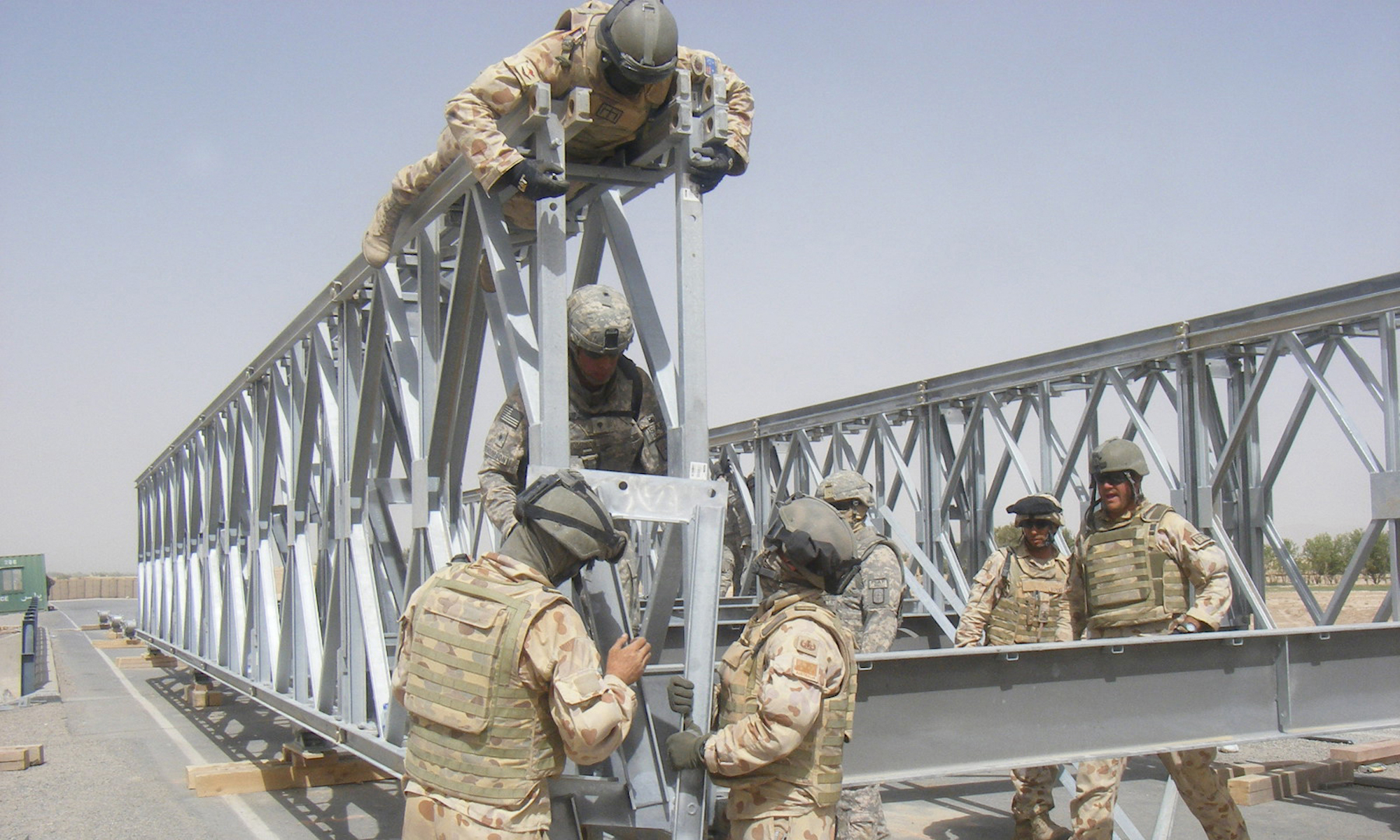Although the United States has recently brought civilian contractors under the jurisdiction of the Uniform Code of Military Justice (“UCMJ”), their status under international treaty law remains uncertain. Protocol I and the Third Geneva Convention suggest four legal categories into which such contractors may fall: armed civilians, mercenaries, contractors accompanying the armed forces, or combatants subordinate to Parties to a conflict. This Article reviews each of these possibilities and concludes that, due to the language and history of these conventions, the evolution of warfare, and prudential reasons of state policy, only the last possible classification–that armed contractors are Party combatants for purposes of international law–is a reasonable interpretation of international law. Furthermore, this Article argues that the United States has several incentives to advocate a classification of armed contractors as members of the armed forces. First, due to the extension of UCMJ jurisdiction to armed contractors during contingency operations, the United States may be responsible for the acts of PMFs in its employ under the international law of state responsibility. Because of this, it is necessary for the United States to clarify the responsibilities and rights of PMFs in order to prevent military commanders and civilian leadership from facing accusations of war crimes. Additionally, while the United States currently holds a relative monopoly on both the provision and consumption of PMF services, there is no reason why other states may not begin to use such forces in manners inconsistent with American objectives. Thus, it is in the best interest of the United States to use its dominant market position to establish an international norm of state responsibility and to use its international clout either to codify such a norm into a treaty regime or to advocate the norm as a part of customary international law. To that end, this Article will propose draft language for an international agreement on the use of PMFs by state actors and suggest possible methods by which the norm of state responsibility could be promoted as customary international law.

INSCT Postconflict Research Database
The Institute for National Security and Counterterrorism's Postconflict Research Database & Analysis Project stores cross-indexed bibliographic information on hundreds of journal articles, books, book chapters, and case reports that address the broad, interdisciplinary fields of postconflict reconstruction, stabilization, and peacebuilding.
42 Replies to “Professional Military Firms Under International Law”
Comments are closed.